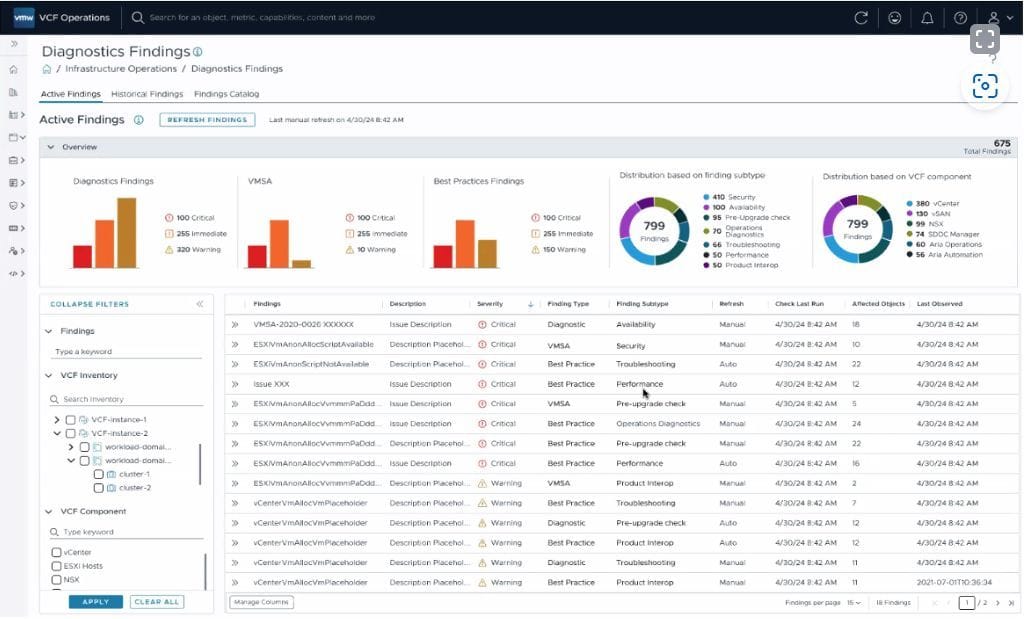Top myths of the private cloud
And when it makes sense to use one.

I still remember the amazement I felt running VMware 20 years ago. Today, it runs entire private clouds. Here are some myths about the private cloud.
Yesterday I wrote about the evolving cloud landscape and how the public cloud isn't always the best fit. The rich comments caught me by surprise.
Some snippets:
- Cloud can get pricey quickly without good controls.
- The largest cloud instance is sometimes too small.
- Seek cloud fit instead of following hype cycles.
Today, l want to focus on common myths of private cloud deployments - and when it makes sense to use one.
When to go private cloud
Private clouds have characteristics that make them ideal for multiple scenarios:
- Consistent or steady-state workloads.
- To meet compliance requirements.
- When latency is critical.
Myths abound about private clouds, unfortunately.
Here are 3 of them.
It's stuck in the past
Private clouds have evolved; it now supports the latest technologies and use cases.
Expect capabilities like:
- Self-service cloud portals.
- Native container capabilities.
- Non-disruptive upgrades, patching.
- Advanced support for AI/ML workloads.
- Integration with automation tools for IaC*.
*Infrastructure as Code
Too expensive
Once upon a time, not having to pay up-front for infrastructure enticed many businesses to switch to the public cloud.
These days, we have OpEx financing or even consumption-based pricing for private clouds. Moreover, private clouds also offer unique characteristics to reduce costs.
(a) Memory tiering
Advanced memory techniques like NVMe memory tiering can reduce DRAM utilisation by moving less-used memory pages to disk - resulting in higher consolidation ratios.
(b) Overprovisioning
Overprovisioning on a private cloud can save money by running more VMs per server and potentially deferring capital expenditures.
It has limited scalability
The elasticity of public clouds means it is traditionally seen as more scalable. However, modern private clouds support many hundreds of servers - and can even provision extreme VMs with up to 1,000 vCPUs.
And with a modern solution like VMware Cloud Foundation 9, the entire private cloud is managed centrally from a single interface.
From what I've heard, enterprises in Asia have made the move to private cloud.
- A major commercial bank.
- A top 10 stock exchange.
- An online retailer.
Do you know of any other private cloud misconceptions that are no longer true?




